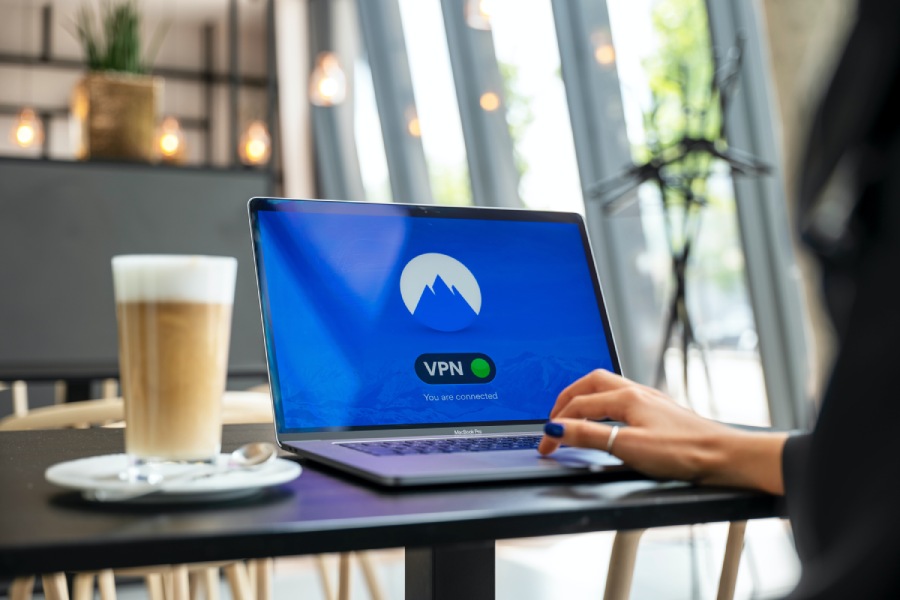The manufacturing industry, often hailed as the backbone of global economic progress, has undergone a digital transformation. This shift has ushered in an era of unprecedented connectivity, automation, and data-driven decision-making.
However, with these advancements come increased vulnerabilities to cyber threats. We’ll explore the critical importance of cybersecurity in manufacturing, understand the evolving threat landscape, delve into best practices, and peer into the future of safeguarding this vital sector.
The Importance of Cybersecurity for Manufacturing
The manufacturing industry is no stranger to change, from the advent of the assembly line to lean manufacturing principles.
Today, the digital revolution has brought forth Industry 4.0, characterized by the integration of smart technologies, the Internet of Things (IoT), and data analytics. While this progression offers unparalleled opportunities for productivity and innovation, it has also made manufacturing systems susceptible to cyberattacks.
As manufacturing processes become more interconnected and data-driven, the need to protect valuable intellectual property, sensitive customer data, and critical operations has grown exponentially.
Cybersecurity is not merely a matter of safeguarding a factory’s network; it’s about preserving the integrity, availability, and confidentiality of data and ensuring the smooth operation of the manufacturing environment. The consequences of a breach can range from costly downtime to severe damage to a manufacturer’s reputation.
Need to Explore Your Options?
Understanding the Threat Landscape
Understanding your adversary and is paramount. The threat landscape for manufacturing encompasses a broad spectrum of actors, from state-sponsored hackers to independent criminals. They seek to exploit vulnerabilities, gain unauthorized access, and compromise critical systems.
One growing concern is ransomware attacks, where malicious actors encrypt a manufacturer’s data and demand a ransom for its release. This disruptive tactic can halt production, disrupt supply chains, and incur substantial financial losses. As the threat landscape evolves, so do the techniques used by cybercriminals. Vigilance and readiness are key to thwarting these adversaries.
Best Practices for Cybersecurity in Manufacturing
Protecting a manufacturing environment necessitates a multifaceted approach. Manufacturers must implement a combination of technical, procedural, and human-centric security measures. The following best practices provide a solid foundation:
Access Control: Restrict access to sensitive systems and data. Implement robust user authentication and authorization processes.
Regular Updates: Keep software, operating systems, and security patches up to date to protect against known vulnerabilities.
Employee Training: Train your workforce to recognize and respond to cybersecurity threats. Human error is a significant risk in cyberattacks.
Data Encryption: Encrypt sensitive data, both in transit and at rest, to ensure its confidentiality.
Incident Response Plan: Develop a comprehensive incident response plan to react swiftly and effectively to a breach.
Network Segmentation: Separate critical manufacturing systems from general IT networks to minimize the attack surface.
Cybersecurity Regulations and Compliance
As the importance of cybersecurity in manufacturing becomes evident, governments and regulatory bodies have taken action. Regulations and standards, such as the Cybersecurity Maturity Model Certification (CMMC) in the United States, are being implemented to ensure that manufacturers adhere to stringent cybersecurity practices.
Manufacturers must navigate these regulatory landscapes to remain compliant. Non-compliance not only risks legal repercussions but also puts the business at increased risk of cyberattacks.
Need to Explore Your Options?
Cybersecurity Tools and Technologies for Manufacturing Firms
Manufacturers must employ cutting-edge tools and technologies to fortify their defenses. Intrusion detection systems, firewalls, and antivirus software are just the beginning. Here are some additional technologies that have become indispensable:
Artificial Intelligence (AI) and Machine Learning: AI can analyze vast datasets to detect anomalies or potential threats, enabling proactive cybersecurity.
Behavioral Analytics: These tools monitor network traffic and user behavior to identify unusual patterns that may indicate a cyber threat.
Blockchain: Beyond its role in cryptocurrencies, blockchain can secure supply chain processes and transactions, reducing the risk of fraud.
The Future of Cybersecurity in Manufacturing
The future of cybersecurity in manufacturing is inexorably tied to technological advancements. The proliferation of IoT devices means that manufacturing systems will become more interconnected, offering greater efficiency but also a broader attack surface for cybercriminals. Manufacturers will need to embrace emerging technologies and cybersecurity strategies to stay ahead.
Machine learning and AI will play a crucial role in identifying and mitigating cybersecurity threats. These technologies can analyze vast datasets and recognize patterns indicative of cyberattacks. In real-time, they can respond to threats, bolstering cybersecurity efforts.
As manufacturing becomes increasingly digitized, the role of humans in cybersecurity will remain pivotal. Effective security awareness training for employees is essential in the ongoing battle against cyber threats.
Need to Explore Your Options?
The Secure Future of Manufacturing
As the manufacturing industry hurtles into an increasingly digital future, cybersecurity emerges as a linchpin for success and longevity. It’s not just about protecting data; it’s about preserving the core of manufacturing operations.
Cybersecurity is no longer an option; it’s a strategic advantage in ensuring the secure and innovative future of manufacturing. It will continue to evolve, necessitating continuous learning and adaptation. However, one thing is certain: manufacturers must act to secure their future. Investing in cybersecurity is an investment in sustained growth and operational excellence.
The manufacturing industry is at a crossroads in the digital age, where opportunities are boundless, but so are the risks. Embracing the evolving realm of cybersecurity is not a choice but a necessity to ensure the prosperity and longevity of manufacturing firms.
With these considerations in mind, manufacturing companies can future proof their operations, safeguard their assets, and confidently pursue innovation and growth in a digitally connected world. In doing so, they’ll not only protect their current success but also build a secure foundation for the manufacturing industry.
Related Posts

Disaster Recovery and Business Continuity Planning
read more

Law Firm Cyber Security
read more

